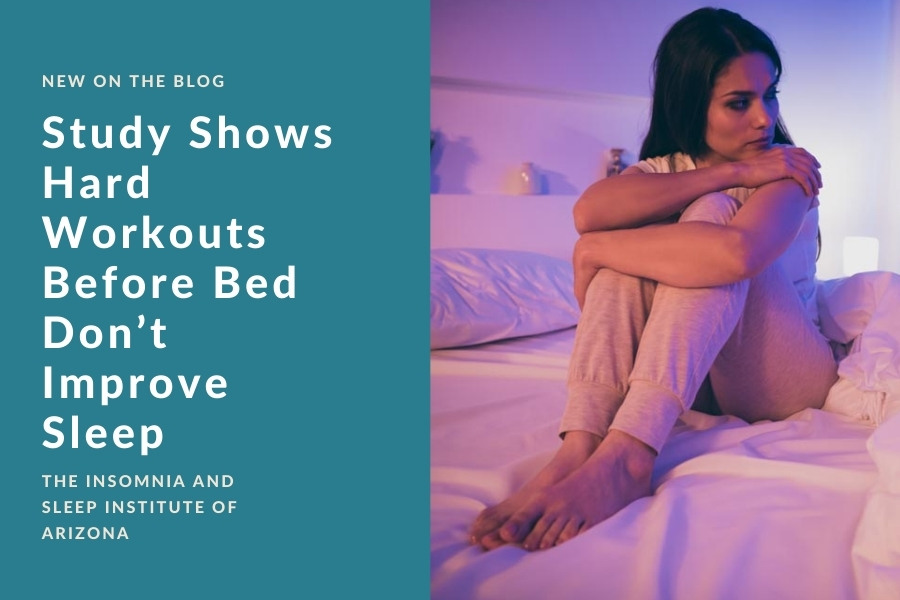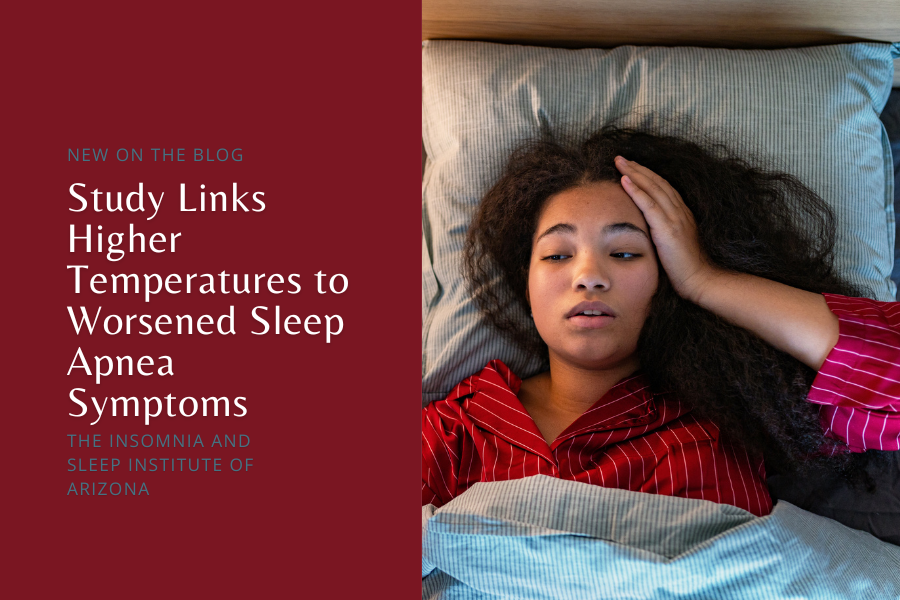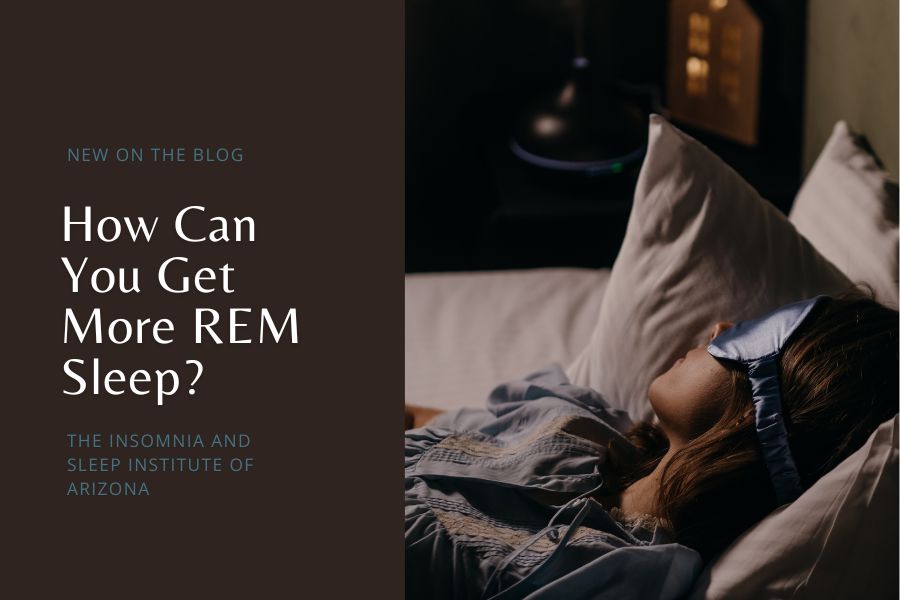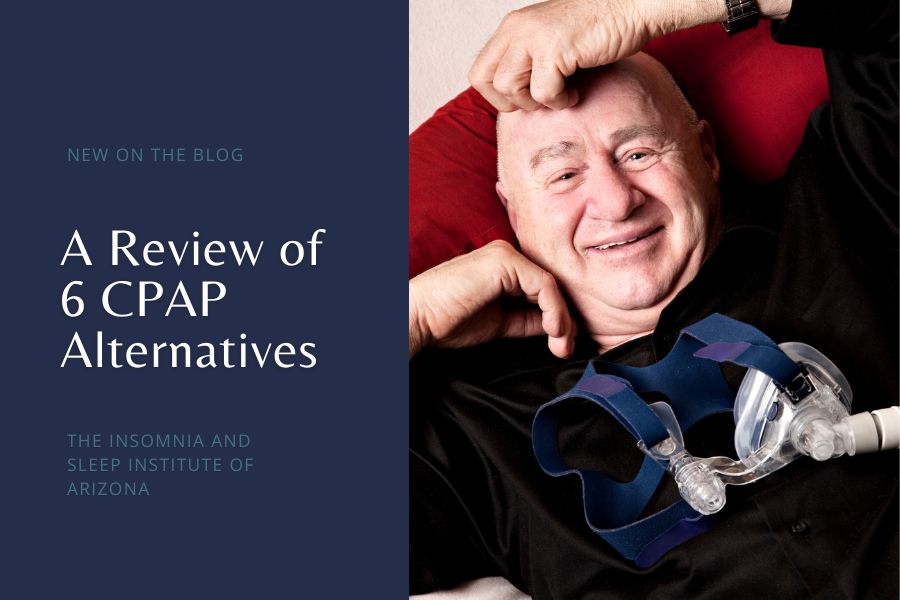If you’ve been going hard at the gym before bed, hoping to tire yourself out, research shows that this strategy doesn’t work. Instead, if you have trouble falling and staying asleep, The Insomnia and Sleep Institute of Arizona has a variety of ways to help combat insomnia, including a better sleep hygiene approach and cognitive behavior therapy for insomnia (CBT-I). For years, workouts have been linked to quality sleep, but the time of day you work out can make a lot of difference. Concordia researchers recently published a meta-analysis in Sleep Medicine Reviews that analyzed data from 15 studies to find out what an intense workout before bed really does for sleep quality in younger and middle-aged adults.
Surprisingly, not many studies have been conducted on this common (yet ineffective) “trick” for getting a good night’s sleep. In fact, those 15 studies comprise most of the recent research on the subject. Much of the feedback from the analysis was mixed and expanded on why working out before bed is a bad idea. According to a researcher, “Some [of the results] depended on the time of exercise, others on the fitness level of a study’s participants, or even the type of exercise.” Still, the timing is worth a closer look.
“Tiring Yourself Out” is a Tired Method
The lead author reported that the goal was to figure out what a “high-intensive exercise” session did to affect sleep immediately afterward—as well as other factors playing a role in sleep for these participants. A statistical analysis examined exact timing, including early vs. late evening sessions, and what happened in the time between when exercise stopped and participants went to bed. This grace period ranged from less than two hours, to “around two hours,” to somewhere between two and four hours. Exercising “before bed” can mean different things to different people.
Participants had also been asked in some studies about whether they were generally sedentary or active throughout the rest of the day, as well as how long they exercised and the intensity threshold. The researchers found that when exercising stopped about two hours before sleep, there were some benefits. These included better sleep onset and longer sleep duration. However, when there was less than two hours of interim between exercise cessation and sleep time, “sleep was negatively impacted.” In these groups, it took participants longer to fall asleep and they did not sleep as long.
Takeaways from Workouts Before Bedtime
If you’re going to work out before bed (and many people can only find time in the evening), opt for a high-intensity exercise session in the early evening. This proved to be especially helpful for those who were otherwise sedentary. The ideal workout time was between 30 – 60 minutes, which is in keeping with general exercise recommendations. Cycling proved most beneficial to help with sleep onset and encouraging a deep sleep across the studies.
Unfortunately, all high intensity exercises performed anywhere from right before bedtime to up to four hours before bed led to a small decrease in achieving rapid eye movement (REM) sleep. This is the stage that is critical for dreaming, and many studies show that lack of REM sleep can negatively affect some cognitive tasks during waking hours.
Early Birds vs. Night Owls
Whether you are an early bird or a night owl should also be a considered according to the paper’s findings. If you’re a morning person, working out before bed proved to result in sleep disturbances. Your body (as an early bird) is wired for and used to winding down during this time of day, so evening workouts can be a shock. However, if you’re a night own and under the age of 60, as long as you have no sleep disorders early evening exercising is ideal.
The authors also stressed the importance of keeping a regular exercise routine regardless of when it happens. Changing up timings too much can also disturb your system. Finally, don’t neglect other positive sleep hygiene practices such as a warm bath before bed. Ultimately, when you work out should not overshadow other good methods for fostering a good night’s sleep.
And if you do struggle with a sleep disorder, or think you do, it’s important to get it diagnosed and treated as soon as possible. Contact The Insomnia and Sleep Institute today to schedule a consultation with a sleep expert. Call the office or, for the quickest response, complete the online contact form.








